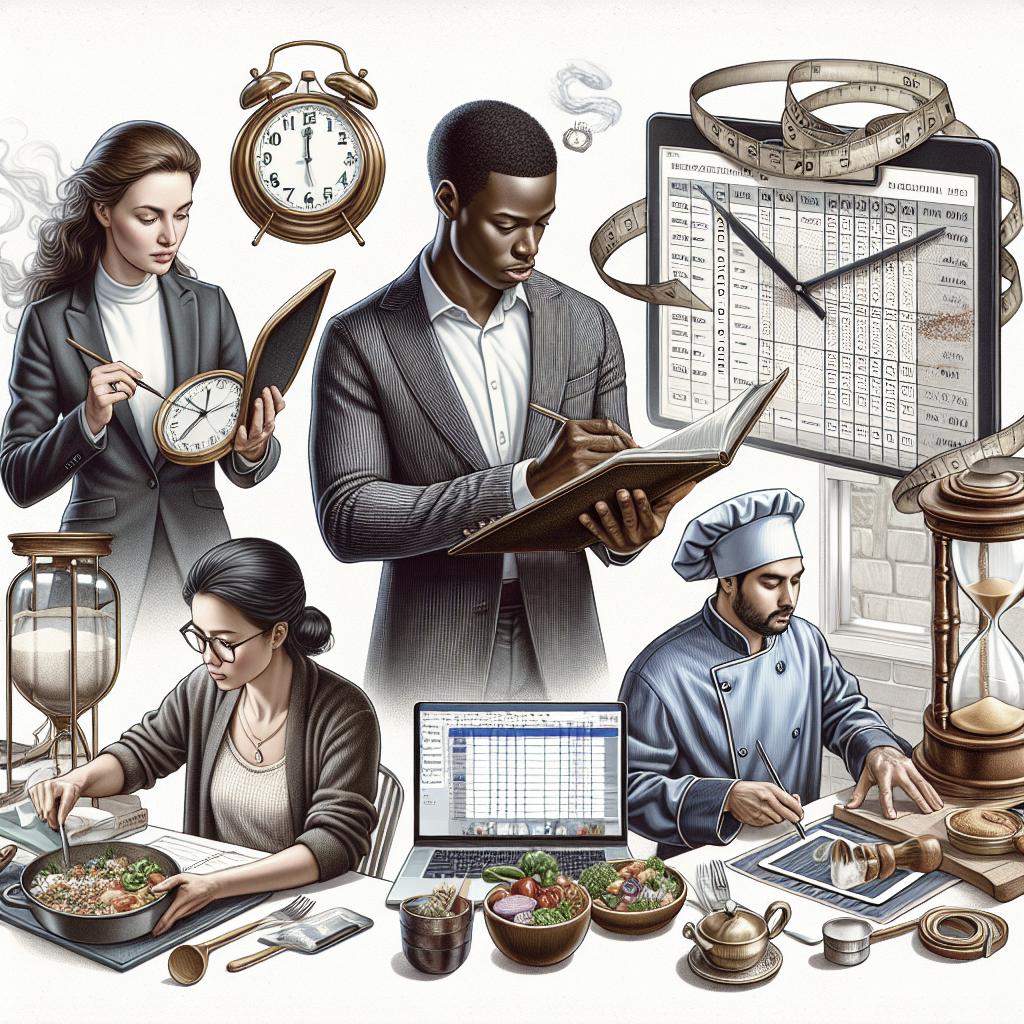“`html
How to Improve Communication Skills
Communication is a fundamental skill that affects almost every aspect of our daily lives, from personal relationships to professional interactions. Mastering effective communication can pave the way for successful collaborations, foster personal growth, and enhance understanding. This blog post explores several strategies to improve communication skills, from being clear and concise to developing emotional intelligence. By implementing these techniques, you can foster a more positive work environment, create a successful communication strategy, and ultimately improve your personal and professional relationships.
Be clear and concise
One of the most effective ways to improve communication skills is to be clear and concise. When you express your thoughts clearly, there is less room for ambiguity and misunderstanding. Clarity in communication involves choosing your words carefully and structuring your messages logically. Avoid using jargon or complex language unless necessary, and use simple language to ensure your message is easily understood by your audience.
Conciseness in communication is equally important. Lengthy explanations can lead to loss of interest and confusion. Practice delivering your key points in a short and precise manner, which not only saves time but also ensures the listener remains engaged. Remember, the crucial aspect of communication is to convey your message effectively and efficiently.
Prepare ahead of time
Preparation is key when it comes to effective communication. Take the time to organize your thoughts before any important conversation or presentation. Understand the key points you want to convey and anticipate potential questions or counterarguments. By preparing in advance, you can ensure that your message is consistent and meets your communication goals.
Being prepared shows that you respect your audience’s time and enhances your credibility. Additionally, preparation allows you to approach interactions confidently, reducing anxiety and enabling you to handle unexpected situations more effectively. Whether it’s a speech, a meeting, or a casual conversation, preparation lays the groundwork for successful communication.
Be mindful of nonverbal communication
Nonverbal communication plays a crucial role in conveying messages and emotions. Body language, facial expressions, and hand gestures all contribute to the interpretation of your words. It is important to be mindful of these nonverbal cues, as they can either reinforce your message or lead to misinterpretation.
Pay attention to your posture, eye contact, and overall demeanor when speaking to others. For example, maintaining eye contact conveys confidence and sincerity, while an open posture can indicate approachability. Being aware of your nonverbal signals and also reading others’ can significantly enhance the effectiveness of your communication.
Watch your tone
The tone of your voice influences how your message is perceived. Even with the right words, a negative tone can cause misunderstanding or defensiveness. Develop an awareness of your tone and adjust it to suit the context and your audience. Whether speaking in person or writing, the right tone can convey enthusiasm, empathy, and professionalism.
It is important to remember that tone is influenced by factors like volume, pitch, and speed of speech. Practicing different tones can help you become more adaptable and improve how others perceive your communication efforts. Aim to find a tone that suits the message you want to deliver and the response you aim to elicit.
Practice active listening
Active listening is a critical component of effective communication. It involves fully concentrating on the speaker, understanding their message, responding thoughtfully, and remembering the information discussed. By practicing active listening, you can foster mutual respect, reduce misunderstandings, and build stronger connections with others.
To become an active listener, remove distractions, maintain eye contact, and show engagement through nodding or verbal affirmations. Asking questions and paraphrasing the speaker’s points can further demonstrate attentiveness. This not only strengthens dialogue but reinforces your commitment to understanding and valuing others’ perspectives.
Build your emotional intelligence
Emotional intelligence is the ability to recognize, understand, and manage your own emotions while effectively navigating the emotions of others. Developing emotional intelligence can enhance communication by promoting empathy, patience, and understanding during interactions. It enables you to handle conflicts, provide constructive feedback, and nurture positive relationships.
Focus on becoming more self-aware by reflecting on your emotional responses and understanding their triggers. Practice empathy by considering others’ feelings and viewpoints during conversations. Improving emotional regulation can help maintain calm and reasoned communication, keeping interactions positive and productive.
Develop a workplace communication strategy
A strategic approach to communication within a workplace can enhance efficiency, collaboration, and morale. Establishing a clear communication plan ensures consistency and alignment with organizational goals. It includes choosing appropriate channels, setting communication standards, and providing training for team members.
Regular feedback sessions, open-door policies, and collaborative platforms can support effective workplace communication. Encouraging open and honest dialogue fosters an environment where ideas are freely shared, promoting innovation and problem-solving. A well-structured communication strategy positively impacts organizational success and employee satisfaction.
Create a positive organizational culture
A positive organizational culture encourages effective communication by building trust and collaboration among employees. It involves fostering an environment where every individual feels valued, respected, and empowered to contribute. Celebrating achievements and promoting diversity and inclusion are key components of a healthy culture.
Leaders play a vital role in shaping the culture by modeling effective communication and setting expectations. Encourage transparent communication and mutual respect among team members. By cultivating a positive work culture, organizations can facilitate the open exchange of ideas, enhance morale, and improve productivity.
About the Author
Lucas Martin is a 23-year-old journalism and communications graduate passionate about creative and dynamic writing. With a keen interest in travel, technology, and innovation, Lucas aims to contribute to online media or technology companies. Strong research skills and a command of grammar support his goal to hone SEO writing skills and stay updated on market trends.
Final Thoughts
| Strategies | Key Points |
|---|---|
| Be clear and concise | Use simple language, structure messages logically, and deliver key points succinctly. |
| Prepare ahead of time | Organize thoughts, anticipate questions, and approach interactions confidently. |
| Be mindful of nonverbal communication | Monitor body language, facial expressions, and hand gestures. |
| Watch your tone | Adjust tone to suit context; practice using different tones effectively. |
| Practice active listening | Concentrate on speaker, engage with verbal/non-verbal cues, and ask questions. |
| Build your emotional intelligence | Enhance self-awareness and empathy, and manage emotions during interactions. |
| Develop a workplace communication strategy | Establish a communication plan, encourage feedback, and use collaborative platforms. |
| Create a positive organizational culture | Cultivate trust, respect, and openness; celebrate diversity and inclusivity. |
“`

